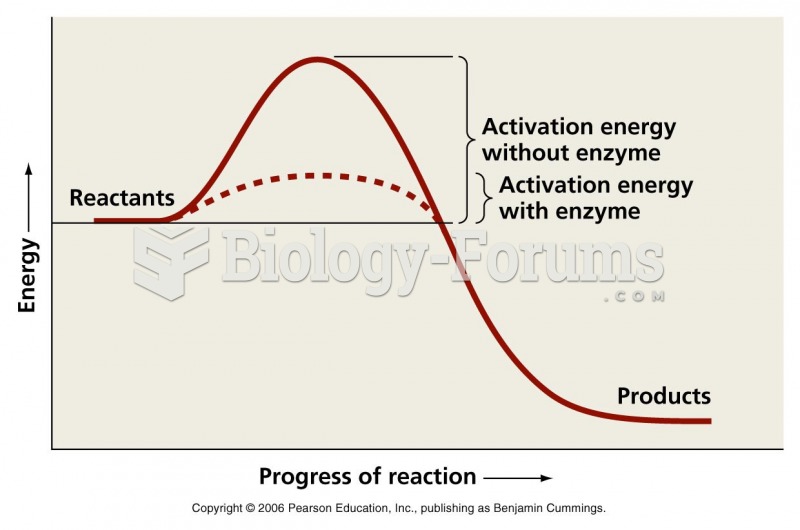|
|
|
The National Institutes of Health have supported research into acupuncture. This has shown that acupuncture significantly reduced pain associated with osteoarthritis of the knee, when used as a complement to conventional therapies.
It is difficult to obtain enough calcium without consuming milk or other dairy foods.
There are 20 feet of blood vessels in each square inch of human skin.
More than 34,000 trademarked medication names and more than 10,000 generic medication names are in use in the United States.
Anesthesia awareness is a potentially disturbing adverse effect wherein patients who have been paralyzed with muscle relaxants may awaken. They may be aware of their surroundings but unable to communicate or move. Neurologic monitoring equipment that helps to more closely check the patient's anesthesia stages is now available to avoid the occurrence of anesthesia awareness.







